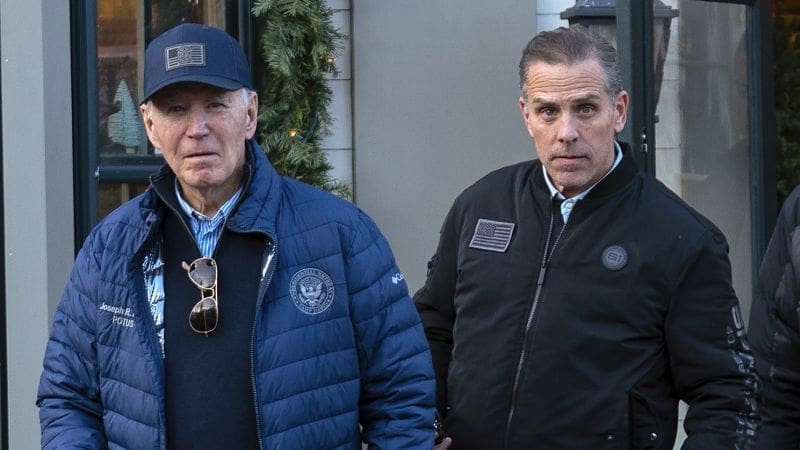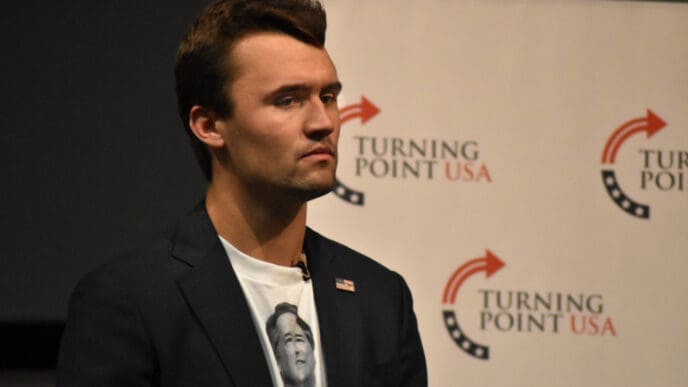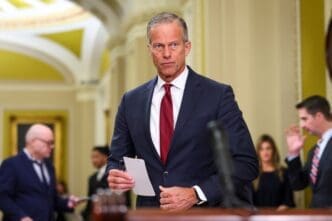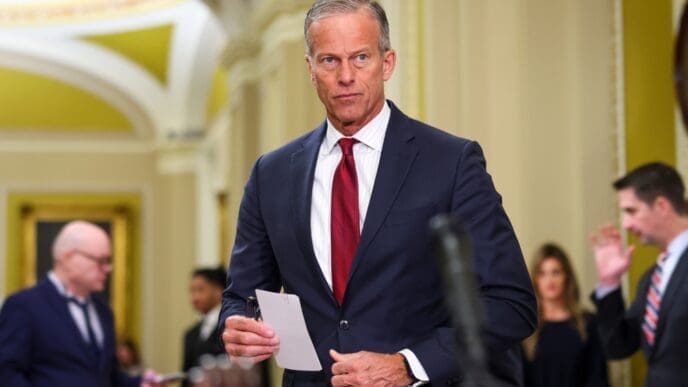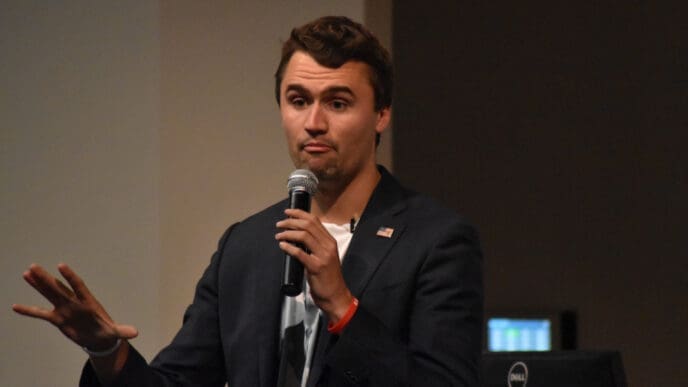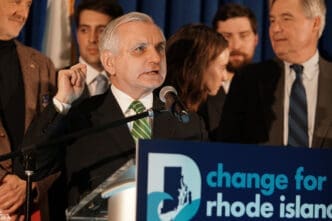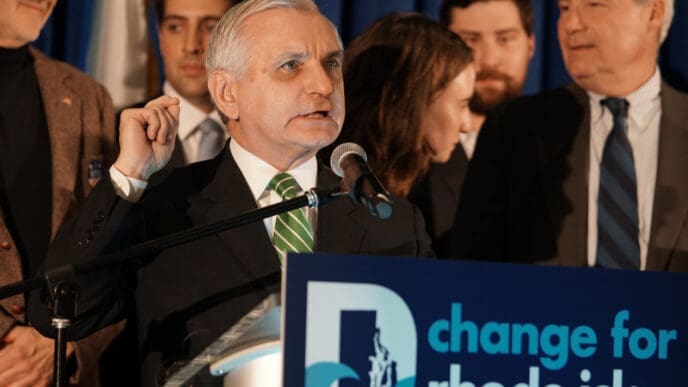President Joe Biden’s unexpected decision to pardon his son has ignited frustration among some members of his own party. This move followed the President’s steadfast claims that such an action was unlikely, despite his son Hunter Biden’s legal challenges and the longstanding anticipation of a possible pardon by his legal team.
Sources close to President Biden reveal that many within his administration doubted his public assertions dismissing the possibility of a pardon for Hunter. A former senior West Wing aide remarked on the widely held belief that the President was likely to pardon his son, questioning why there was a pretense to the contrary. Another ex-official noted the perceived inevitability of the pardon, believing it was painfully obvious to those closely watching.
Hunter Biden faced significant legal troubles, having been convicted in June of illegal gun possession while being a drug user. He later pleaded guilty to multiple tax offenses in September, which included unpaid taxes totaling $1.4 million. Hunter’s defense reportedly anticipated clemency, given the severe consequences he faced, including a potential 17-year prison sentence. Prior to the pardon, his legal team circulated a document outlining the alleged role of former President Donald Trump and Republican allies in his legal predicaments.
The backlash from Democratic lawmakers has been vocal. Ohio Representative Greg Landsman expressed understanding of Biden’s paternal instincts but saw the decision as a setback to public confidence in service. Colorado Senator Michael Bennet criticized the pardon as prioritizing personal interests over civic duty, further diminishing trust in an equitable justice system. Arizona Representative Greg Stanton also disapproved, emphasizing that Hunter Biden’s conviction was not politically motivated.
Critics within Biden’s circle suggest that the intensity of the backlash might have been mitigated if the President had been less categorical about not pardoning his son. The discussion about potential alternatives highlights a sentiment shared by some that a more measured approach could have softened the impact of Biden’s eventual decision.
In a broader historical context, presidential pardons of family members or associates have occurred before. Former Presidents Trump and Clinton extended similar clemency, albeit without such emphatic prior denials of intent. Biden’s late decision, following familial discussions over Thanksgiving, has not only sparked internal discontent but also rekindled accusations from political opponents regarding the fairness of the justice system.
President Biden’s contentious decision underscores the complex interplay between familial loyalty and political accountability. This pardon not only affected internal party dynamics but also fueled broader debates on justice and fairness in America. Observers are left to ponder the long-term implications of this choice on both Biden’s legacy and public trust.
Source: CNN


